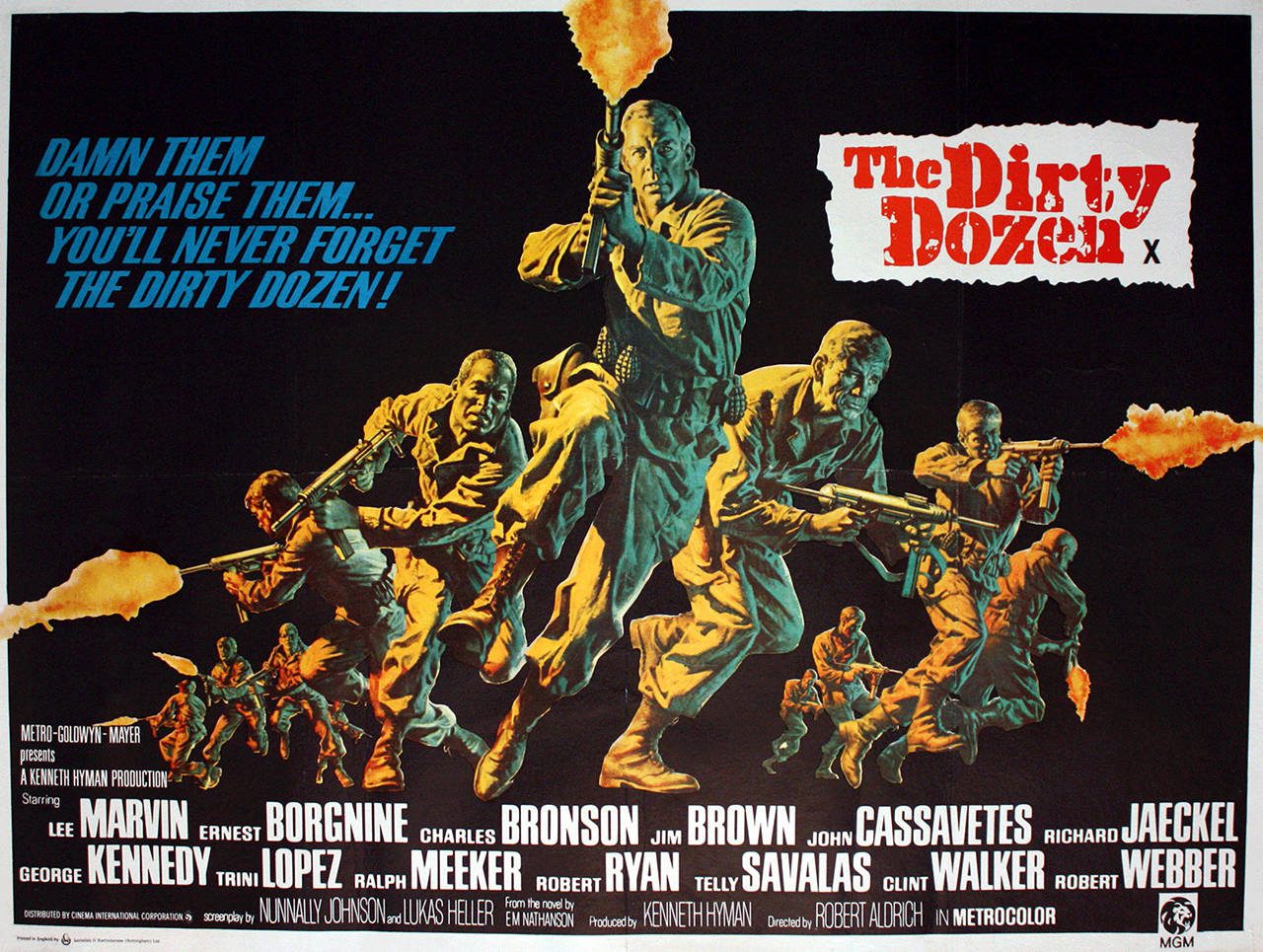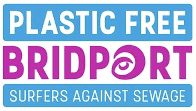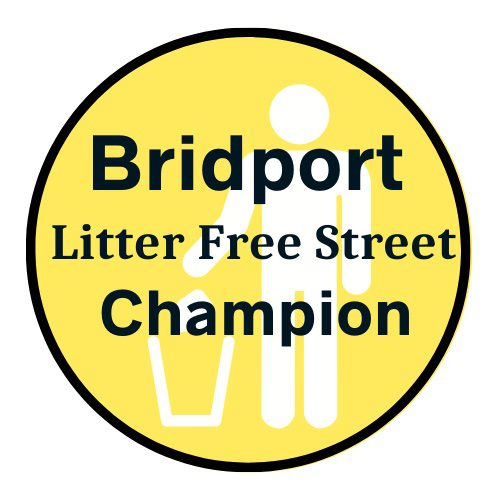Mayor’s Blog 153 27th June, St James Park Care Home, Bradpole This was a beautiful sunny…

Mayor’s Blog – The Dirty Dozen
The Dirty Dozen
The 1968 action packed movie The Dirty Dozen is one that regularly appears on the small screen to this day. From today when you hear or read the words The Dirty Dozen it will take on a whole new meaning.
We are all aware of environmental pollution, almost as soon as we leave our homes we come across evidence of it in the form of street litter. Venture further afield and our highways, countryside, urban open spaces, rivers and beaches are all strewn with the detritus of human activity – litter.
I have yet to meet a person who is not appalled by the level of environmental pollution in the form of litter, and you will not be surprised to learn that I have also never met a person who admits to littering. So where does it all come from and who is responsible for it?
During my time as Mayor of Bridport I have lent my support to two campaigns focused on reducing environmental pollution in the form of litter:

The Plastic Free Bridport campaign is focussed on reducing the amount of single use plastic we use in our everyday lives. The team has been working with community groups, schools and local businesses to encourage them to move away from using single use plastic wherever they can. Quietly real progress has been made with some significant reductions and eliminations made. As a result, the goal of achieving Plastic Free status for Bridport is coming ever closer to being met.

The Bridport Litter Free Street Champions campaign has established a team of almost 100 Champions who undertake regular litter picks on the street where they live. This combined with the ‘From Street to Sea’ mass litter picks (the next one on Sunday 17th October) is all contributing to the removal of the environmental pollution in the form of litter before it becomes embedded in the ecosystem.
The two campaigns are going some way towards tackling the problem and there is anecdotal evidence that there has been a reduction in the amount of environmental pollution in the form of litter in areas of the town where Litter Free Street Champions are most active.
Analysis of the litter collected during the Surfers Against Sewage (SAS) Million Mile Clean which took place between 11th May – 23rd May 2021, revealed the source of this form of environmental pollution. It turns out that a ‘Dirty Dozen’ of companies are responsible for the manufacture of the majority of the items found. Can you guess which companies they are? To find the answer simply click on the link:
https://www.sas.org.uk/wp-content/uploads/SAS-BrandAudit2021-Digital.pdf
It is no surprise to see Coca-Cola sitting at No1 on the Dirty Dozen list, it holds the same position across the globe where similar surveys have been carried out. Coca-Cola themselves recognise the environmental impact their production methods and products are having and a visit to their UK website reveals the steps they plan to take to reduce this:
Only time will tell if they live up to their statements or whether it is all ‘Greenwash’.
Manufacturing is only one part of a chain that leads to environmental pollution in the form of litter. Retailers are the next link in the chain and it was interesting to see that 4 of the Dirty Dozen places were occupied by McDonalds, Tesco, Costa Coffee and Aldi. I can understand fast food outlets like McDonalds and Costa Coffee being on the list but I was surprised to see supermarkets like Tesco and Aldi there. Retailers clearly have a role to play in reducing the environmental impact the products they sell have and over recent years some significant progress in addressing this has been made, but there is still a long way to go. Within close proximity to any fast food outlet, convenience store or supermarket you will find the greatest accumulation of environmental pollution in the form of litter. Morrisons carpark and the adjacent land on Asker Meadows are prime local examples of this phenomena. But who is responsible for depositing it there?
Without a doubt it is the next link in the chain, customers and consumers, who are directly responsible for the environmental pollution in the form of litter that blights not only Bridport but across the globe. And yet significant amounts of the environmental pollution in the form of litter collected can be easily recycled e.g. aluminium drinks cans and plastic bottles. Those people who choose to simply discard them are not only throwing away a valuable resource but they are causing both visual and more serious environmental pollution.
The environmental pollution in the form of litter from the Dirty Dozen that was submitted through the brand audit largely consisted of the parent category ‘Food & Drink’ at over 90%. This was made up of the sub-categories Alcohol, Soft Drinks, Confectionery Wrappers, Café / Fast Food Brand, Food Packaging, Sports / Energy Drinks and Water Bottles. Almost a quarter of the Dirty Dozen’s pollution was from alcohol packaging, cans and bottles, and a further 24% was that of soft drinks. This may correspond to increased public use of outdoor recreational spaces during the COVID-19 pandemic restrictions.
Manufacturers and the retail and hospitality sectors undoubtedly have a role to play in reducing their carbon footprints and the environmental impact of what they produce and sell e.g. eliminating unnecessary, packaging particularly in the form of single use plastics. But they cannot be blamed for the environmental pollution in the form of litter that blights our highways, countryside, urban open spaces, rivers and beaches.
Surely if you are capable of carrying a full drinks container, sandwich box, crisp packet or chocolate bar away from a retailer you are equally capable of carrying the empty containers home to be binned or just put them into a street litter bin?
As with so many things associated with environmental pollution it is simple small changes to lifestyle that are all that is required to make a difference. For example, if everyone made their daily food and drink requirements at home and took them with them in reusable containers the mountains of environmental pollution in the form of litter would disappear overnight and you would save money and be healthier. Win, Win, Win.



This Post Has 0 Comments